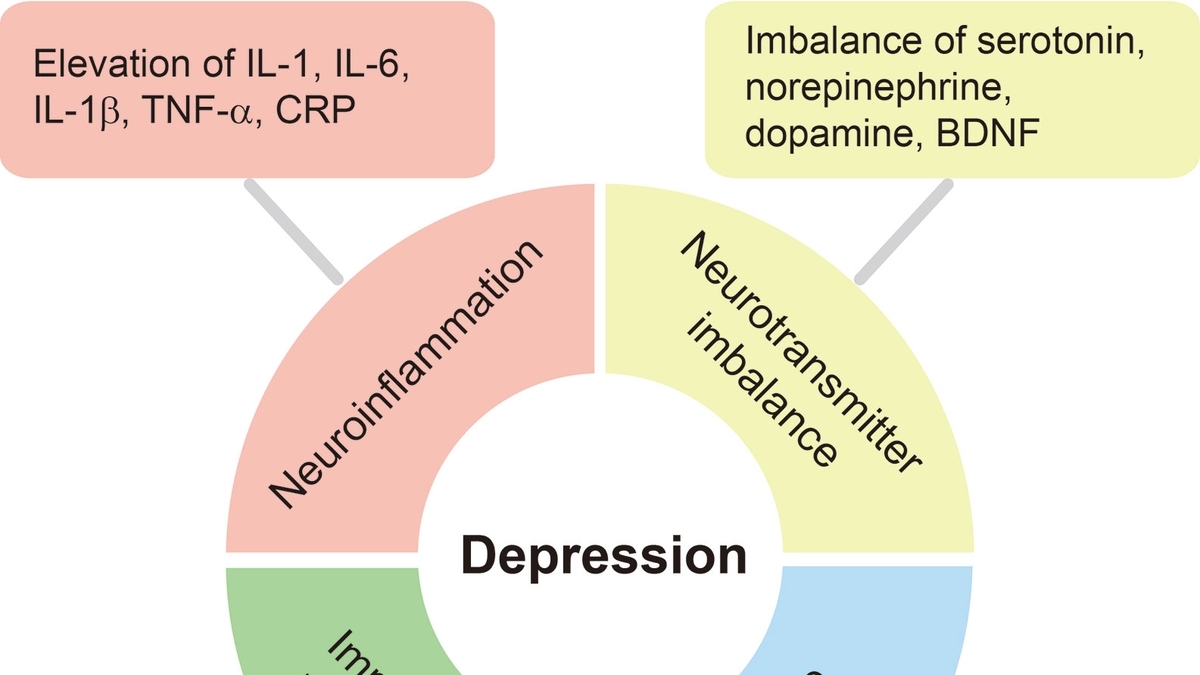
Recent studies point towards a fascinating intersection between mental health and weight management. GLP-1s, traditionally used as weight-loss medications, are now being examined for their potential psychiatric effects, suggesting a new frontier in treating conditions like depression and anxiety. While the early signs are promising, there is still a lot to learn about them. This article explores the potential of these drugs in treating mental health conditions, the current barriers to their use, and why further research is essential.
The Potential of GLP-1s in Treating Mental Health Conditions
Often prescribed for weight management and diabetes treatment, GLP-1 drugs like Ozempic and Wegovy have shown potential in alleviating mental health conditions. Data suggests that patients with diabetes who were administered GLP-1 medications were less likely to be diagnosed with depression post initiation of the medication.
A study examining over three million diabetic patients and nearly one million non-diabetic patients found a significant decrease in depression diagnosis among diabetic patients prescribed Tirzepatide. Similarly, non-diabetic patients taking semaglutide demonstrated a reduced risk of depression. These findings imply that GLP-1 medications may have a positive impact on mental health, possibly through weight loss, reduced inflammation, and improved brain function.
Weight Loss and Mental Health: A Complex Relationship
While GLP-1s are primarily used for weight loss, it’s interesting to consider how weight loss itself could be linked to improved mental health. Intentional weight loss can lead to physiological and social changes that have a positive impact on mood. Moreover, successful obesity and diabetes treatments give patients a sense of control over their disease, which can further enhance their mental well-being.
Unfolding the Risks: Adverse Psychiatric Events and GLP-1s
Despite the potential benefits, it’s crucial to consider the risks associated with GLP-1s. A study reported an alarming association between semaglutide, a GLP-1 mimic, and adverse psychiatric events, including depression, anxiety, and suicidal thoughts. The study found 481 reports of adverse psychiatric episodes linked to the drug, with the fatal outcomes predominantly among men. Although the rate of these psychiatric side effects was very low, the findings underscore the need for more research to understand potential vulnerabilities.
Cost: A Major Barrier to GLP-1s
Despite their potential, the high cost of GLP-1s is a significant obstacle. Employers and state governments have expressed caution about covering the cost of these expensive drugs, especially given that patients may need to take them indefinitely. This financial barrier could limit the accessibility and affordability of GLP-1s for many patients.
The Road Ahead: The Need for More Research
While the potential psychiatric benefits of GLP-1s are intriguing, it’s clear that more research is needed to understand their full impact. Formal studies are required not only to confirm their effect on mental health but also to examine any potential risks or side effects. With careful research and thoughtful consideration of their costs, GLP-1s could open up a new chapter in the treatment of mental health conditions and weight management.
